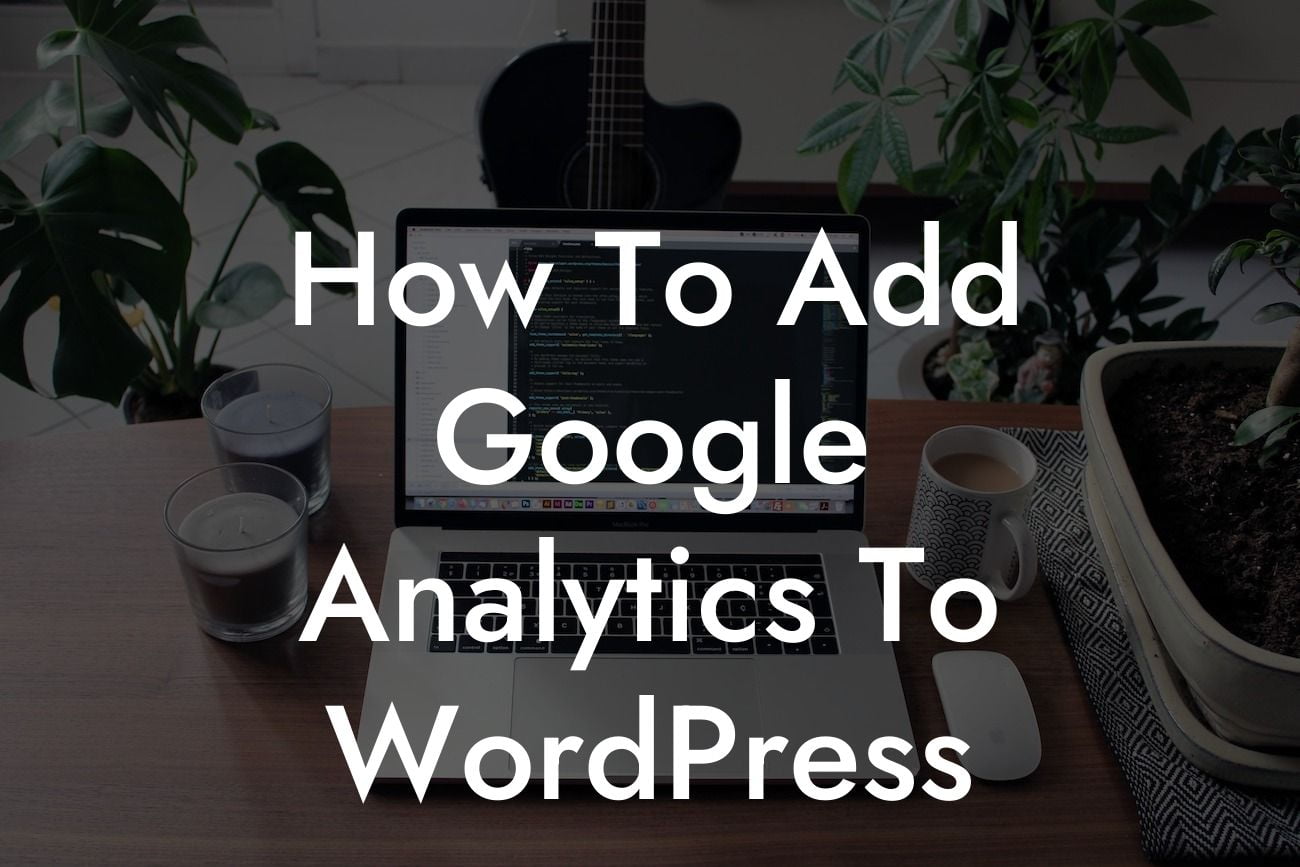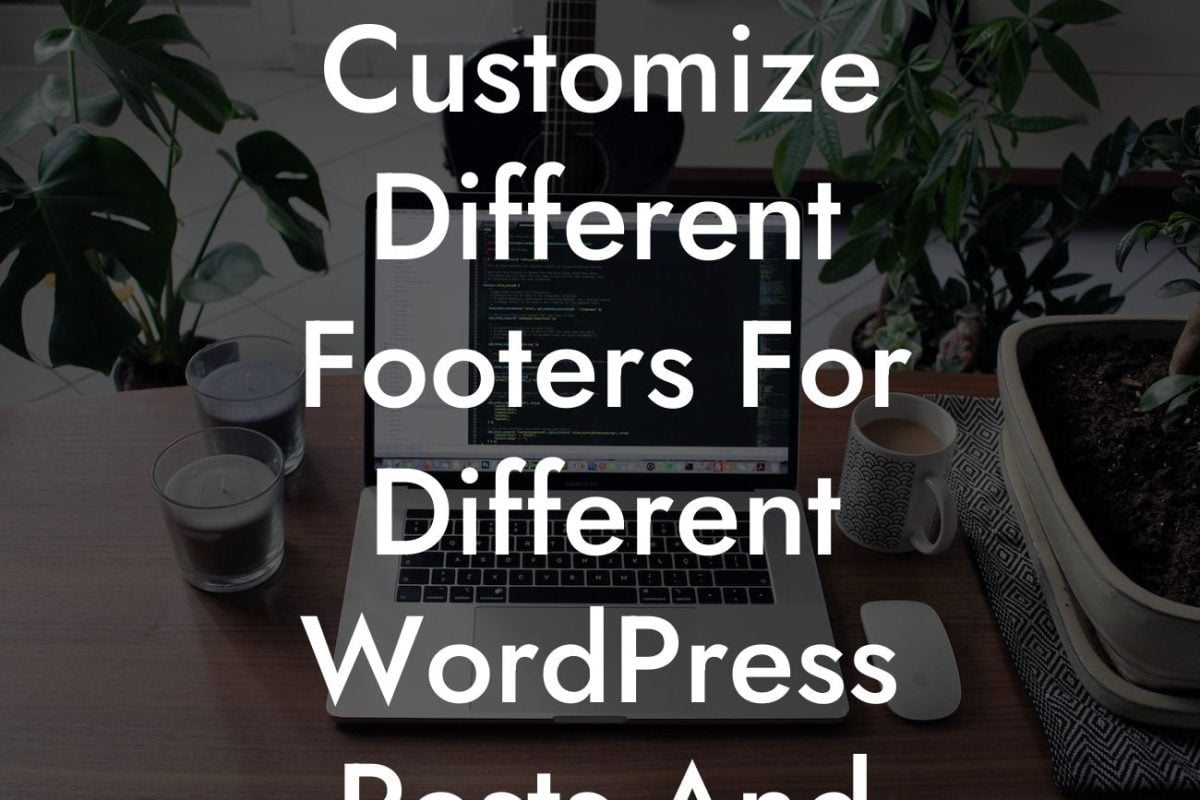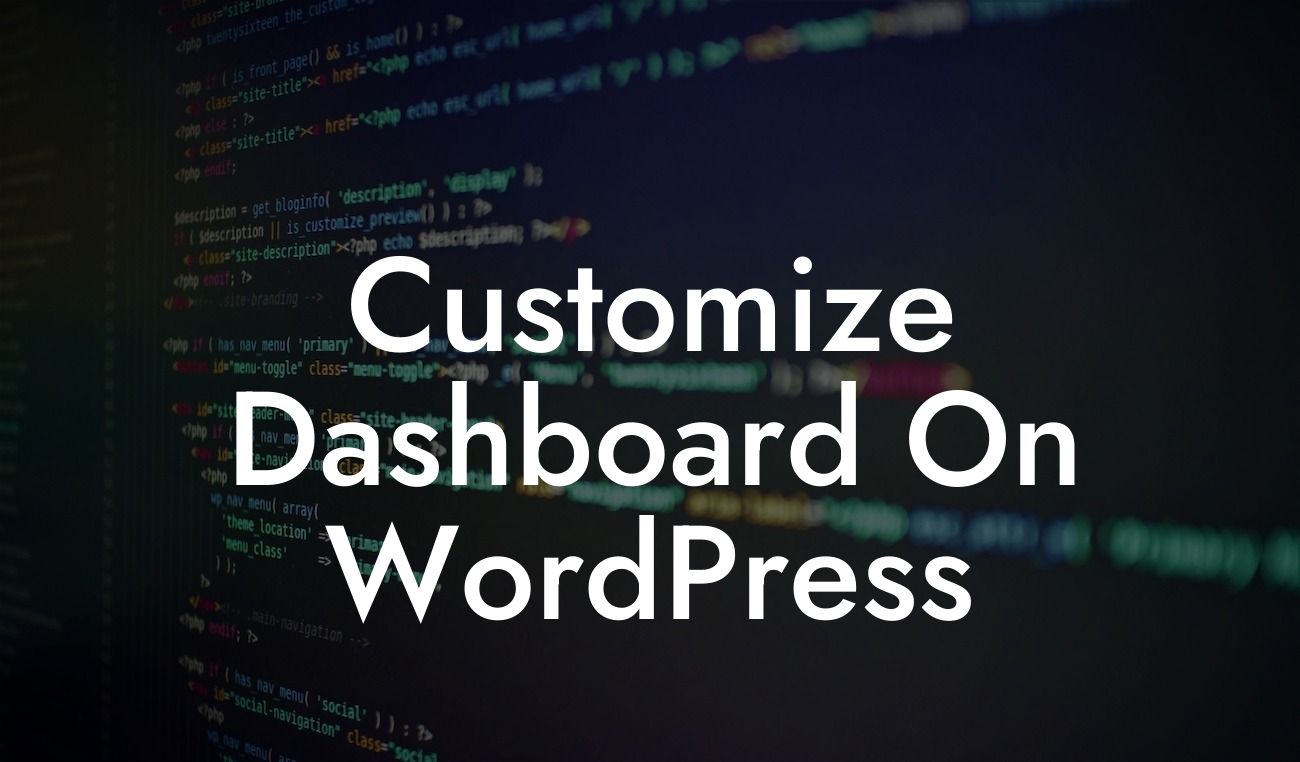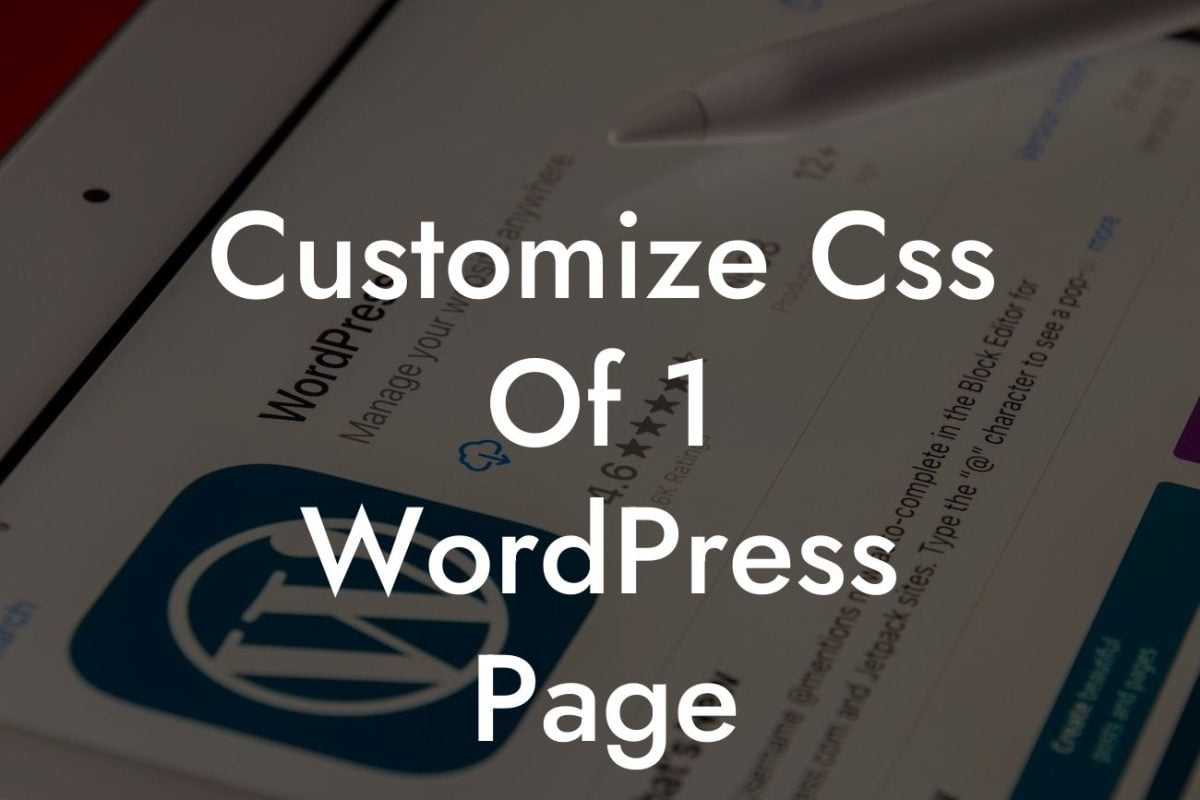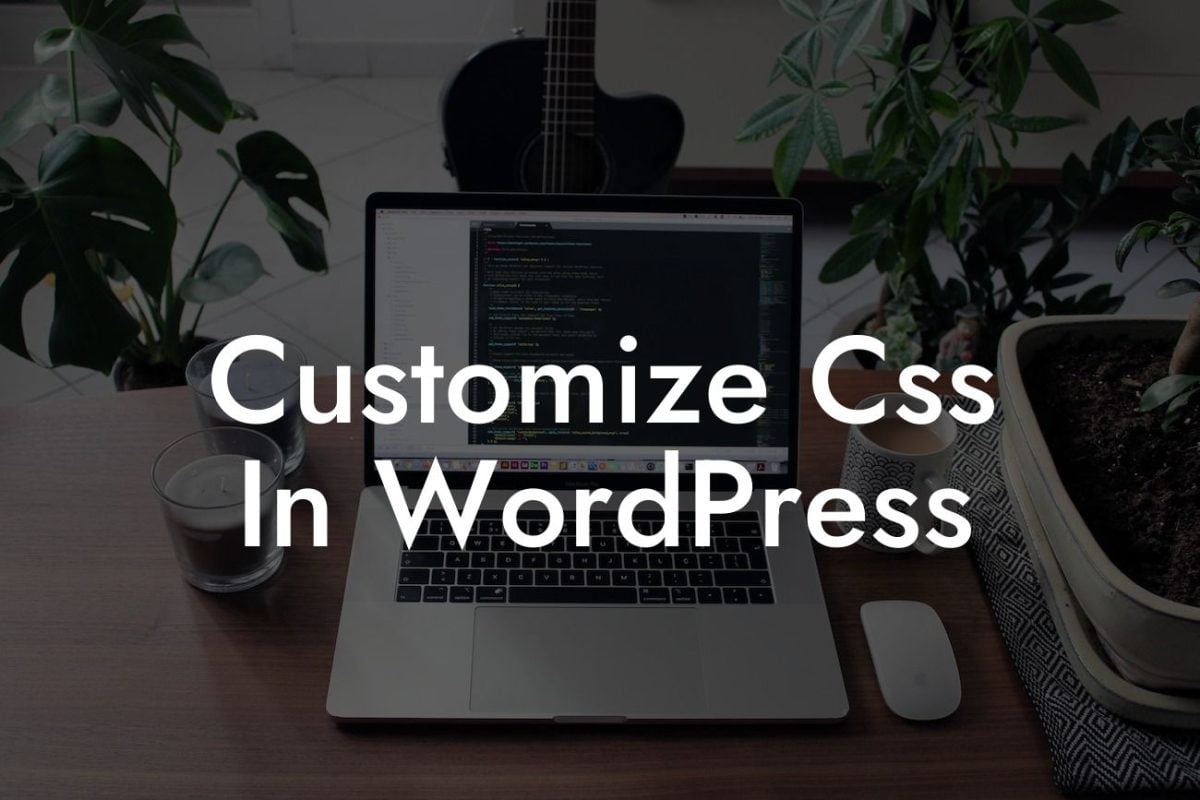Google Analytics is a powerful tool that allows you to track and understand your website's performance. By adding Google Analytics to your WordPress site, you can gain valuable insights about your visitors, their behavior, and the effectiveness of your marketing efforts. In this guide, we will walk you through the process of adding Google Analytics to your WordPress website, step by step.
Adding Google Analytics to WordPress may seem like a daunting task, but don't worry , it's much easier than you think. Follow these simple steps to get started:
1. Sign up for Google Analytics: If you haven't already, create a Google Analytics account by visiting the Google Analytics website and following their signup process. Once you have created your account, you'll be provided with a unique tracking code.
2. Install a WordPress plugin: To streamline the process, we recommend using a WordPress plugin called "Google Analytics Dashboard for WP." This plugin makes it easy to integrate Google Analytics into your WordPress site. Simply install and activate the plugin from your WordPress dashboard.
3. Configure the plugin: Once the plugin is activated, navigate to the "Settings" section in your WordPress dashboard and select "Google Analytics." Enter your unique tracking code in the provided field and save your changes.
Looking For a Custom QuickBook Integration?
4. Verify the installation: To ensure that Google Analytics is working correctly, visit your website and browse a few pages. Then, log in to your Google Analytics account and go to the "Real-Time" section. If you see your own visit in the "Overview" tab, congratulations! You have successfully added Google Analytics to your WordPress site.
How To Add Google Analytics To Wordpress Example:
Let's say you run an online store on WordPress and want to track how many visitors are converting into customers. With Google Analytics, you can set up goals that allow you to track specific actions, such as completed purchases. By analyzing this data, you can optimize your marketing strategies, improve your website's user experience, and ultimately drive more sales.
Adding Google Analytics to your WordPress site is an essential step in understanding your audience, improving your website's performance, and growing your business. Take advantage of DamnWoo's step-by-step guide and start harnessing the power of data today. Don't forget to explore other guides on DamnWoo to further enhance your online presence. And while you're at it, why not try one of our awesome WordPress plugins to supercharge your success?

